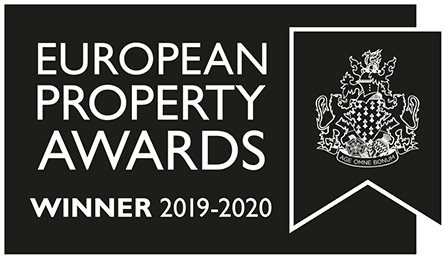Pitfalls and Mistakes to Avoid When Buying Property in Spain
![]()
In recent years it has been possible to buy Spanish property at a fairly affordable price, giving you good value for your money. However, when buying property abroad for the first time, there are many things you may take for granted. In fact, many buyers tend to assume that the process is similar to that in their home country, which is actually a big mistake. In this article we will try to summarize the most common pitfalls to expect when buying a property in beautiful Spain:
1. Choosing the same lawyer as the seller of the property. If you both hire the same attorney, that person has a greater chance of profiting from the purchase. Remember to find an attorney who will represent your own interests and negotiate the best deal for you.
2. Doing inadequate research on the house. Not only the area in which the house is built, but also the building licenses are of great importance when buying a house in Spain. Especially if you’re thinking of buying in a rural area, there are many restrictions on the size and location in which a home can be built. If the home was built illegally, you may end up having to pay to comply with current local laws. We strongly recommend that you hire a surveyor to check the current status of the building and obtain a certificate and the available reports from the town hall or local authority.
3. Assume the final price is what you see on your contract. Remember that buying a house involves additional costs, such as paying property tax, registering the house in the land registry and paying notary fees. There is also a significant difference between the market value and the cadastral value of a property. The cadastral value (taxable value) is set by the local authority and is used to calculate the tax payable on the house. If the taxable value is higher than the market price, the tax burden will be higher. It is important to calculate this at the time of purchase. Otherwise, the tax office can demand the difference back months after the contract has been signed, including a penalty.
4. Getting bogged down in endless renovations. Avoid properties that require major renovations, especially if you don’t speak Spanish. Many small construction companies can be unreliable or give you an incorrect estimate for the work. We therefore recommend choosing a building that requires little renovation. Sign a formal contract to carry out renovation work.
5. You don’t understand your contract. Buying a property is a major investment that comes with a number of responsibilities. It is therefore crucial to have all conditions reviewed by a professional lawyer.
6. Postponing your NIE application. The NIE is your immigration card in Spain, absolutely necessary to buy a house and start the legal transfer process. Since this number is not assigned automatically, applying early will help you speed up the purchasing process. In addition, you have an advantage over other applicants if you are faster.
7. Trust everything the real estate agent says. Real estate agents typically try to encourage a quick and emotional buying process. That’s why we recommend trying out different brokers, comparing their offers and analyzing their behavior. Check if there are big differences in the price of a square meter in the same area. Once you have all the paperwork together, take the time to go over the details and negotiate the terms of the contract.





